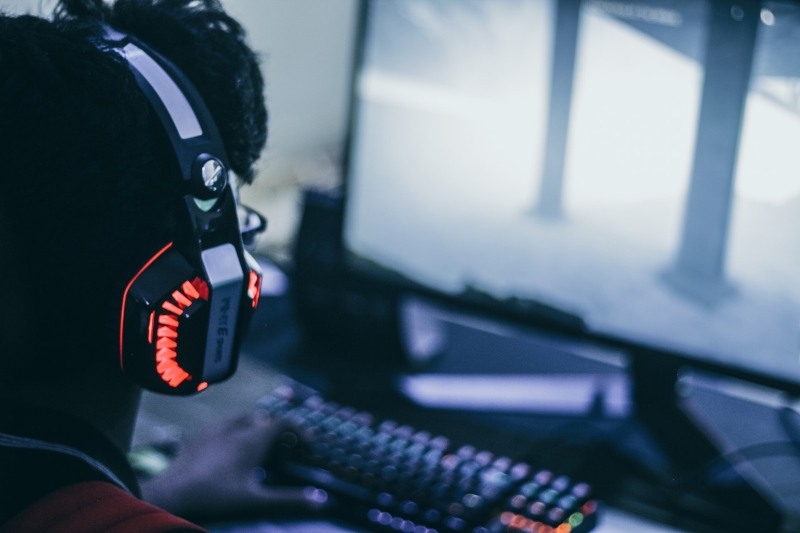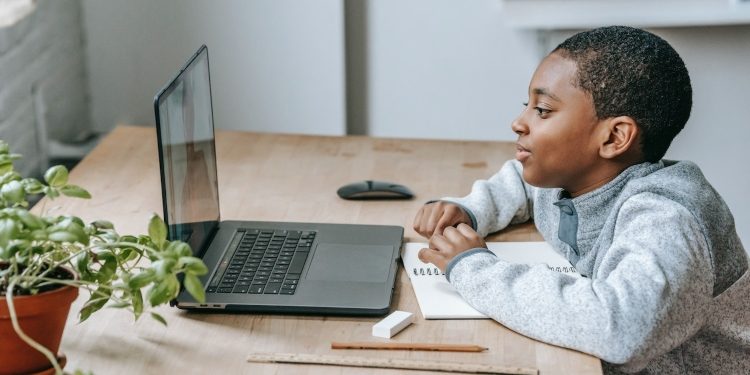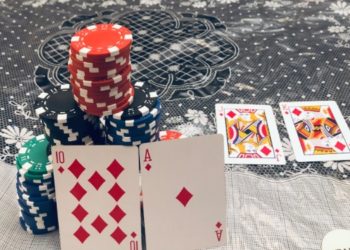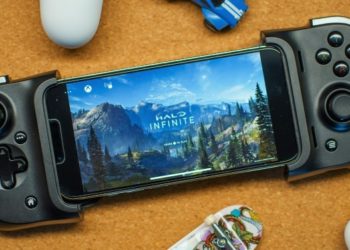The world of gaming has come a long way from being a simple leisure activity. Today, gaming has emerged as an innovative tool for enhancing learning and development in various fields, including education. The integration of gaming into education has been driven by the recognition of the power of games to stimulate learning and the need for more engaging and effective teaching methods. This article explores the intersection of gaming and education, how gaming is being used to enhance learning and development, and how online casinos can be seen in the same light.
Improving Cognitive Skills

Gaming has been found to improve cognitive skills such as problem-solving, decision-making, management, and critical thinking. Through gaming, students can learn complex concepts and processes in a fun and interactive way. The use of games in education has also been shown to improve engagement, motivation, and retention of knowledge. Gaming is being integrated into various fields of education, including science, technology, engineering, and mathematics (STEM) fields, language learning, and even history.
STEM
In STEM fields, games have been used to teach coding, robotics, and engineering concepts. For example, Minecraft Education Edition is a game that allows students to build and program robots, creating a fun and interactive learning experience. Language learning games like Duolingo use gamification to motivate learners and improve language retention.
In addition to Minecraft Education Edition and Duolingo, many other games are being developed to enhance learning in STEM fields. For instance, there are physics-based games like Angry Birds and Portal that teach players about physics concepts like force, gravity, and momentum. There are also games like CodeCombat and Code.org that help students learn coding by allowing them to code their way through challenges and levels. These games make learning more interactive and engaging, which can help students retain knowledge better and develop a deeper understanding of the subject matter.
History
Simulating historical events through gaming can provide a unique opportunity for students to experience history in a way that textbooks and lectures cannot. Students can be transported to a different time and place and actively participate in historical events, gaining a deeper understanding of the context, motivations, and consequences of these events.
Additionally, gaming can help students develop empathy by placing them in the shoes of historical figures and providing a more personal connection to the past. Overall, the use of gaming in history education can create a more engaging and immersive learning experience that helps students develop a deeper appreciation for history.
Online Platforms
Many online platforms offer games that require strategic thinking, problem-solving, and decision-making skills which aid in personal development. These games can help improve cognitive skills, including memory, attention, and concentration.One such game is poker, which can improve mathematical skills and probability reasoning. The game of poker consists of the winner being determined by the highest-ranking hand shown at the end of the hand, known as the “showdown.” Alternatively, a player can win by mastering the different elements of the title by making the last bet that is not called, thus winning without the need for a showdown. By learning the rules of poker and how to win, dealing cards and betting rounds, showdown, and table stakes, players can practice and develop these key skills that are transferable to everyday life.
The Future of Gaming in Education

The future of gaming in education is promising, as technology continues to evolve and new opportunities for learning and development through gaming are discovered. As virtual and augmented reality technology becomes more accessible, it will become easier for educators to create immersive and interactive learning experiences that engage students and enhance their understanding of complex concepts.
In addition, the use of artificial intelligence and machine learning in gaming can provide personalised learning experiences that adapt to the individual needs of students. This can help educators better identify areas where students need additional support and provide tailored feedback and guidance.
As the gaming industry continues to grow and expand, it is likely that we will see an increase in the development of educational games and the integration of gaming into traditional learning environments. This can provide new opportunities for educators to engage students and improve learning outcomes.
David Prior
David Prior is the editor of Today News, responsible for the overall editorial strategy. He is an NCTJ-qualified journalist with over 20 years’ experience, and is also editor of the award-winning hyperlocal news title Altrincham Today. His LinkedIn profile is here.




![7 Best POS Software in the UK [2026 Edition]](https://todaynews.co.uk/wp-content/uploads/2026/02/7-Best-POS-Software-in-the-UK-2026-Edition-360x180.png)








































































